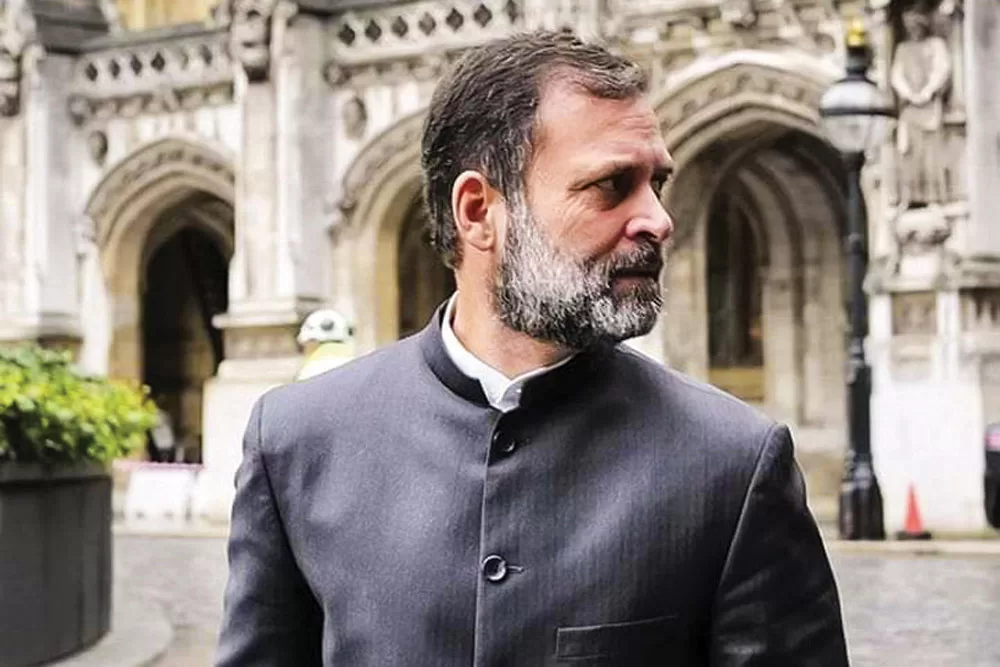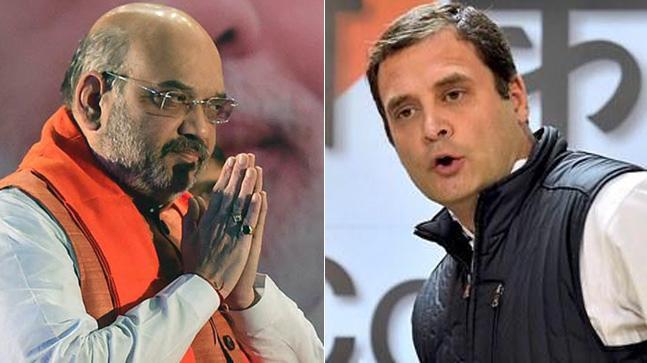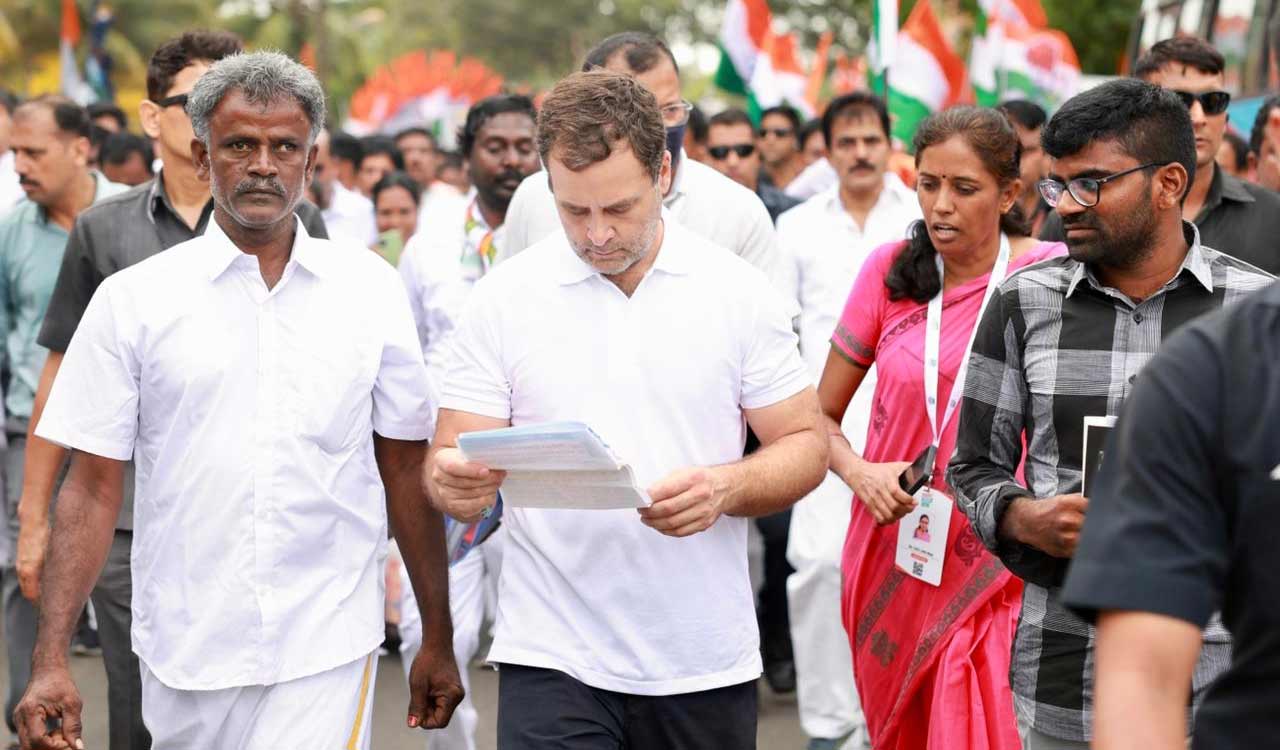Unexpected results have left the Congress party reeling in the wake of the most recent state elections. Although they won in Telangana, the party was unexpectedly unsuccessful in Madhya Pradesh, Rajasthan, and Chhattisgarh. This electoral whirlwind raises the interesting question of whether the success or failure of Congress is associated with the opponent’s preference for state apparatus and governance over pure political tactics.

Abundance of self confidence and internal strife
The Congress party’s defeat in Madhya Pradesh and Chhattisgarh was mostly characterised by internal strife and an abundance of self-confidence. But another aspect—the character of politics in these states—becomes apparent upon closer inspection. In Madhya Pradesh, where there is a strong Hindutva political core, the Congress had a very tough time unseating Shivraj Singh Chouhan. In contrast, the removal of Vasundhara Raje from office in Rajasthan was comparatively less difficult, suggesting that the Congress is more effective in areas where state apparatus and governance are more important than ideological politics.
Sentiments and unexpected turns
As we head south to Telangana, the story takes an unexpected turn. A combination of the Bharat Jodo Yatra and a smartly run campaign that played on anti-incumbency sentiments led to the Congress’s victory in this area. Political mobilisation took a back seat to bureaucracy under the chief minister of Telangana Rashtra Samiti (TRS). The Congress party skillfully took advantage of this change to cast him as an emotionally distant “farmhouse CM” who was unconnected to the common people. They able to establish a direct line of communication with the electorate after the TRS shifted its focus away from Telangana and became known as Bharat Rashtra Samithi (BRS).

The Congress governments in the states where the BJP was triumphant, like as Chhattisgarh and Rajasthan, were responsible for competent governance and the implementation of large social programmes. But they were disadvantaged because it lacked a coherent political narrative that could compete with the BJP’s Hindutva-driven politics. Overshadowing the Congress’s administration successes, the BJP intentionally promised massive welfare packages.
Weak ideology and electoral campaigns
An overarching topic that develops is the difficulty the Congress has in countering ideologically driven electoral campaigns. By capitalising on anti-incumbency emotions, the Congress was able to gain a victory in Telangana, thanks to the TRS’s bureaucratic rule. The Congress, in contrast, was unsuccessful in states such as Madhya Pradesh, Rajasthan, and Chhattisgarh due to the fact that the BJP’s platform was based on Hindutva, nationalism, and subaltern politics.

In light of the next election, it is critical that Congress establish a firm political platform. Although separate from federal elections, state elections can be a good barometer of impending difficulties. In upcoming national elections, the Congress could suffer due to the lack of a consistent political storyline. Because of internal differences within the OBC grouping and the BJP’s skillful accommodation of OBCs inside its own organisation, the results also show that depending only on caste census projections may not be electorally potent.
Finally, it appears that the success or failure of the Congress in the upcoming elections will depend on how well it handles the intricate relationship between political strategy and government. To oppose opponents’ ideological assaults, the party must build a convincing political story as it assesses its performance and plans for the future.

